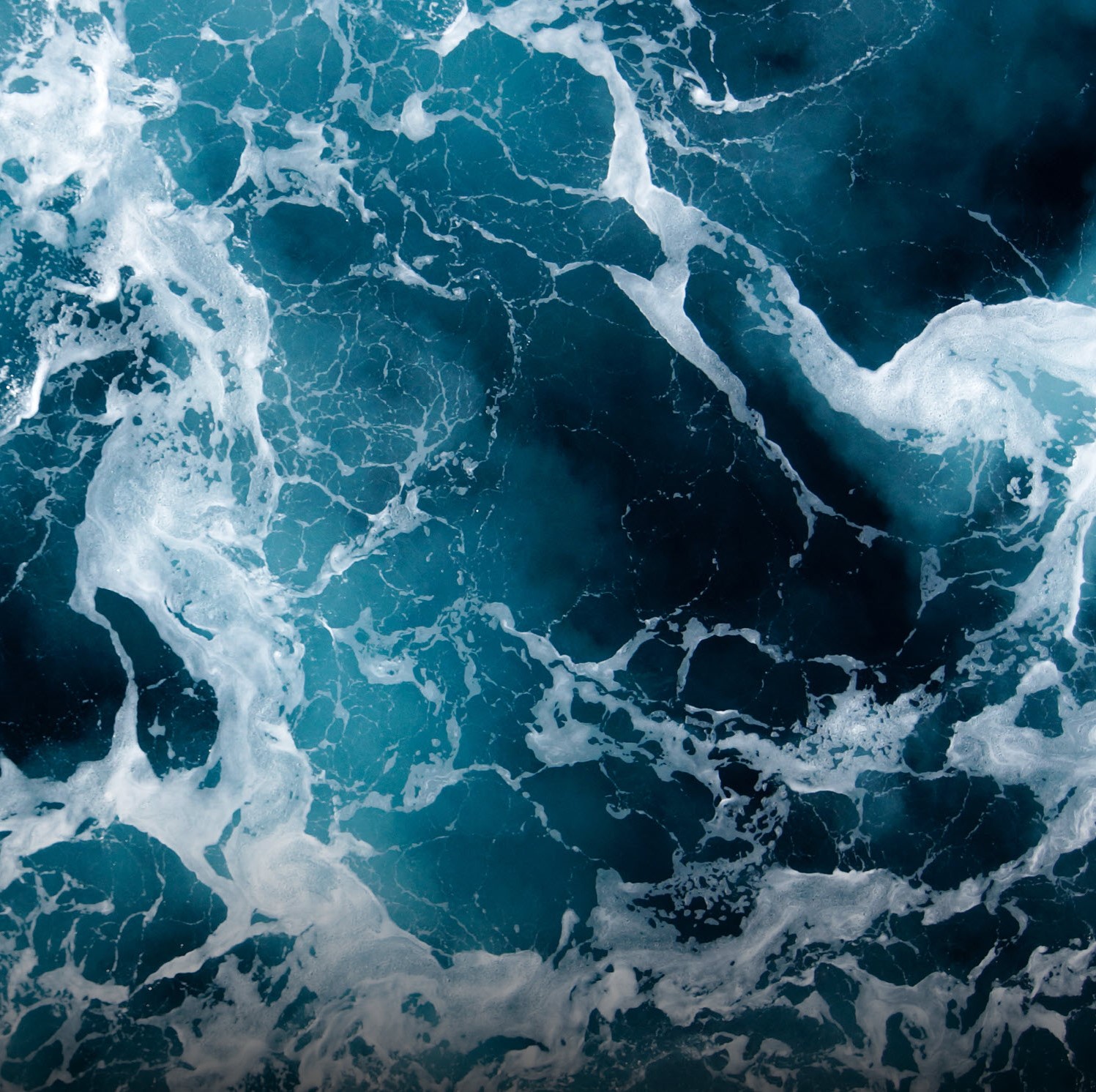Hubert H. G. Savenije received the 2017 International Award at the AGU Fall Meeting Honors Ceremony, held on 13 December 2017 in New Orleans, La. The award honors “an individual scientist, group, or a small team for making an outstanding contribution...
Hubert H. G. Savenije received the 2017 International Award at the AGU Fall Meeting Honors Ceremony, held on 13 December 2017 in New Orleans, La. The award honors “an individual scientist, group, or a small team for making an outstanding contribution to furthering the Earth and space sciences and using science for the benefit of society in developing nations.”
Citation
Hubert Savenije, professor of hydrology at Delft University of Technology in the Netherlands, has had a long and distinguished record of research as a hydrologist and water resources engineer in many parts of the world, including Bangladesh, Vietnam, Indonesia, China, Nepal, Egypt, Ethiopia, Kenya, Mozambique, Zambia, Botswana, and Guatemala.
In the area of estuarine hydrology, Hubert has developed new analytical theories that deal with hydraulics, mixing, morphology, and salinity. His monograph Salinity and Tides in Alluvial Estuaries (now in its second edition) is unique in that it presents an integrated theory of estuaries, using examples from many estuaries around the world. His theory has provided guidance to -decision makers to balance water abstraction upstream of estuaries with potential saltwater intrusion to satisfy irrigation demands. Dr. Savenije also contributed very significantly to the understanding of atmospheric moisture recycling in Africa long before it became mainstream in hydrology. He found that recycling is responsible for more than 80% of the rainfall in large parts of the Sahel, China, and South America.
In the area of catchment hydrology, Professor Savenije has explored hydrological responses at catchment scales across Africa, Asia, Latin America, and central Europe, including large river basins such as the Zambezi and the Nile. He has approached this through a combination of innovative fieldwork and modeling. He pioneered the concept of flexible -landscape--based model structures as a way to develop parsimonious models and to use as diagnostic tools to develop generalized understanding. He developed parsimonious models for the Zambezi through the use of both hard and soft data, an achievement that is important for -data--poor regions of the world. One of Professor Savenije’s other immensely significant global research efforts is his contribution to the water footprint concept, which suggests that the major water problems of the world cannot be solved without holding consumers responsible for the costs of the ecological impacts of the agricultural produce they consume.
Society around the world has benefited enormously from Hubert Savenije’s activities, not only through his water research but also from him being the initiator and cofunder in 2000 of WaterNet, a regional network of 50 universities in southern Africa for education, research, training, and outreach in integrated water resources management. Over the past 17 years, WaterNet has produced 467 extremely well trained M.Sc. graduates who are practicing water science and engineering in the region, thereby strengthening the capacity of southern African societies to deal with their water resources.
—Günter Blöschl, Vienna University of Technology, Vienna, Austria
Response
I am extremely happy with this award, which I see as international recognition for my hydrological work in different parts of the world, where I investigated and sometimes even helped to solve burning societal issues, such as floods, droughts, salinization, water scarcity, land subsidence, water logging, deficient agriculture, poverty, and lack of capacity to deal with these issues.
I had my education as a hydraulic engineer in Delft, in the 1970s. During my M.Sc. research, I went to Colombia for 2 months of fieldwork in the Magdalena River. Colombia completely changed my perspective on life, on my professional ambitions, and on what I wanted to contribute to society. I came to the conclusion that my energy would be wasted in the Netherlands, which I considered marginally interesting, both from a professional and a societal point of view. Professionally, there were no major challenges in a country where the water system was overtly engineered, but moreover, I considered the Dutch people so well off that I had the feeling that my efforts would contribute little to people’s -well--being. The developing world, on the other hand, had a “wealth” of -water--related problems, many people suffering from these problems, and, professionally speaking, a far more interesting and dynamic natural environment.
I wanted to go back to Colombia, but I ended up in Mozambique, working for the government as a hydrologist. I very much enjoyed working in Africa. Until this very day, the experience is invaluable to me. We stayed in Mozambique for 6 years, and both my children were born there. After Mozambique I worked for 6 years as a consultant in many parts of the world: Bangladesh, Indonesia, Malaysia, Vietnam, Zimbabwe, Kenya, Ethiopia, and Guatemala. I gained a wealth of experience, which benefited my own research, the many master’s and doctoral students I supervised, but also, I hope, the people who suffered from many -water--related problems.
Finally, what is probably the most important spin-off of all this work is the WaterNet -capacity--building network that I helped to set up in southern Africa. Since 2000, it has produced 500 graduates in water sciences. This is a major contribution to water research, educational capacity, and professionalism in southern Africa’s water sector. I am very grateful to the people of WaterNet who supported my nomination and to all the very good friends who nominated me for this very beautiful prize.
—Hubert H. G. Savenije, Delft University of Technology, Delft, Netherlands





